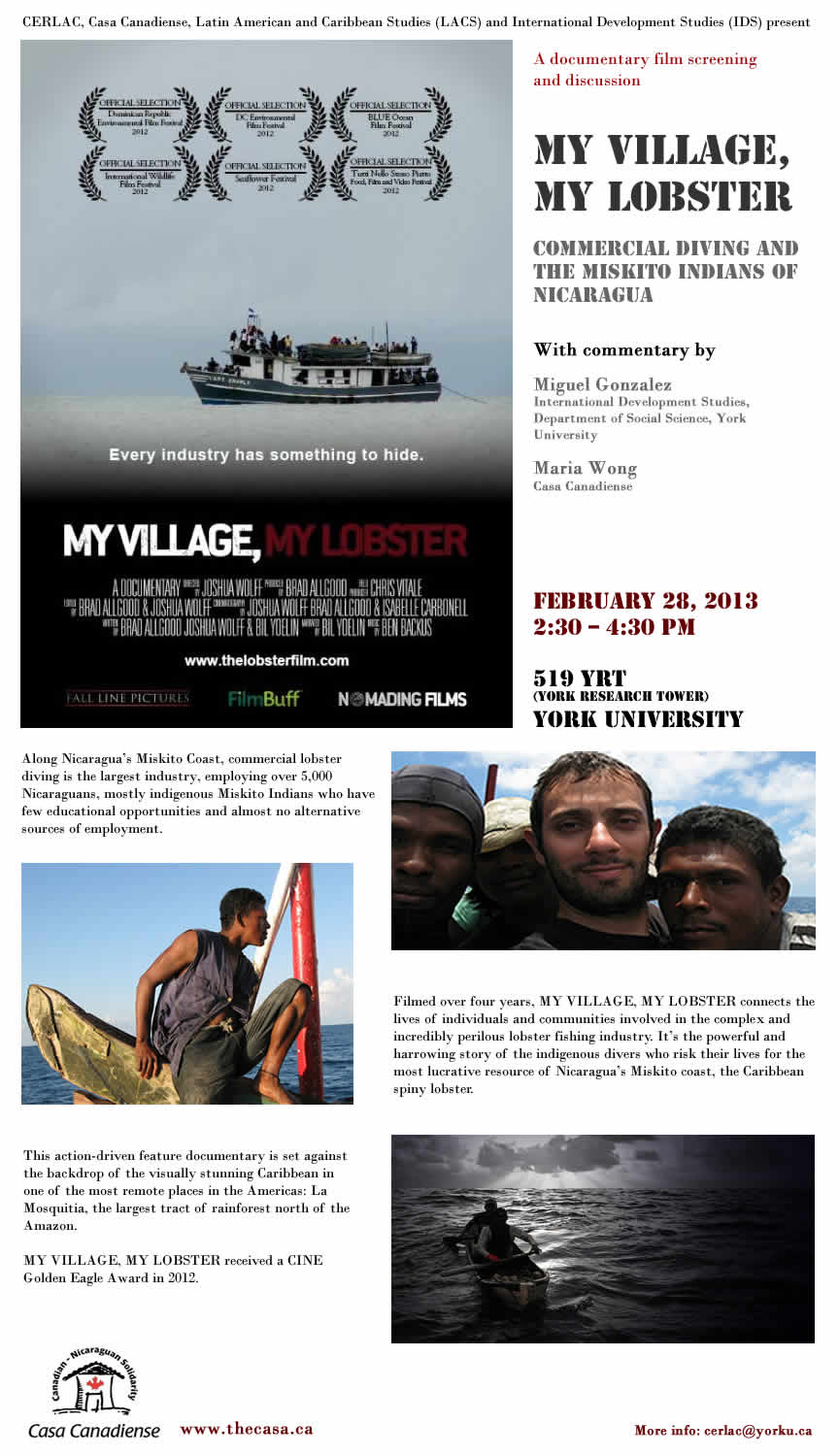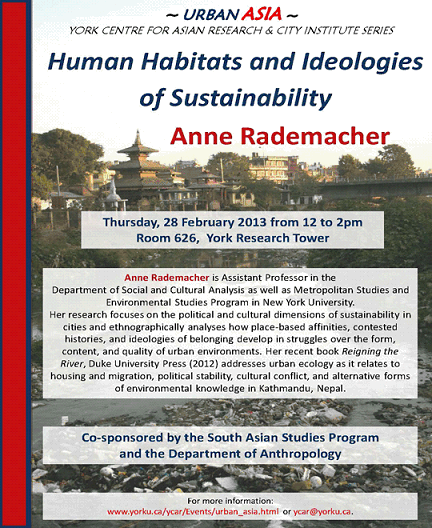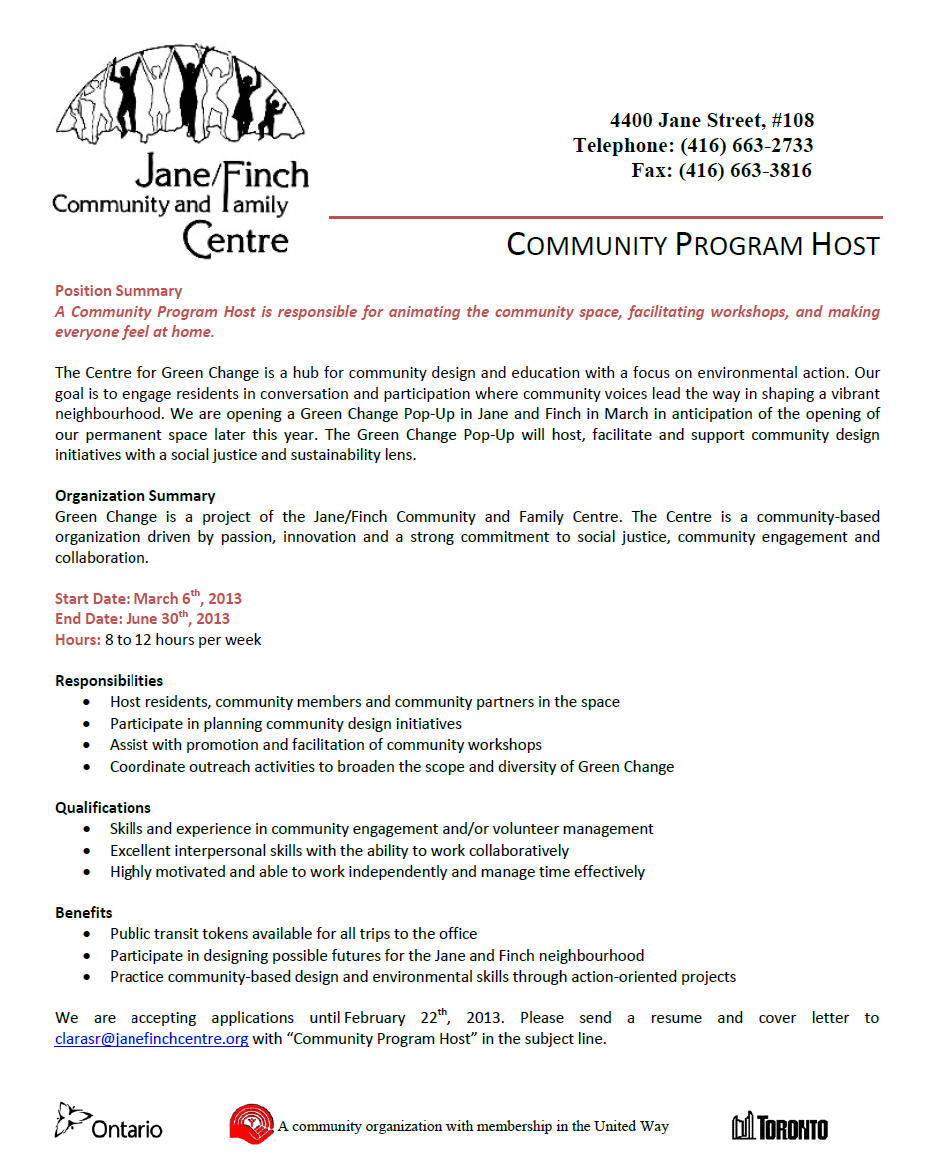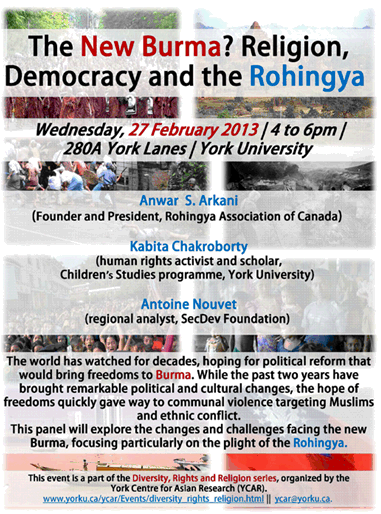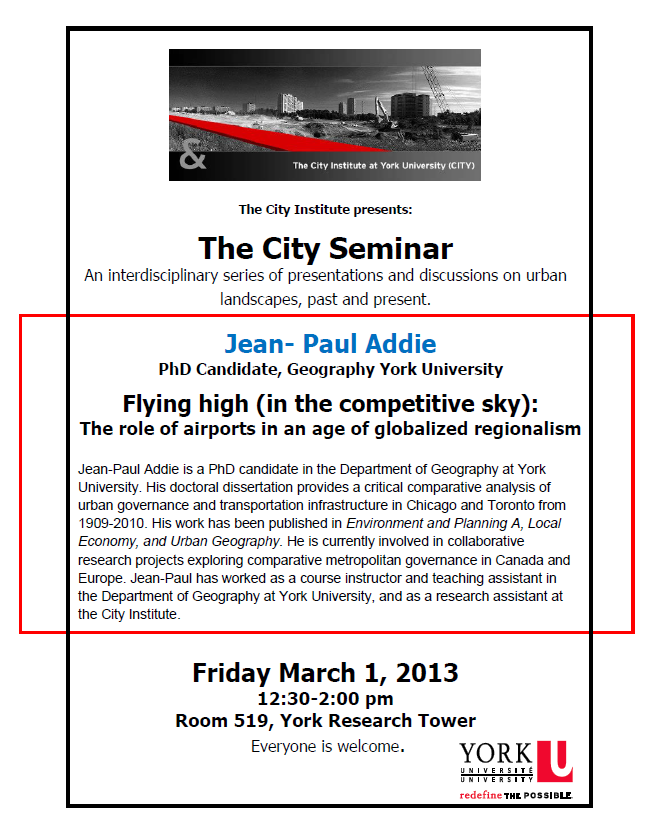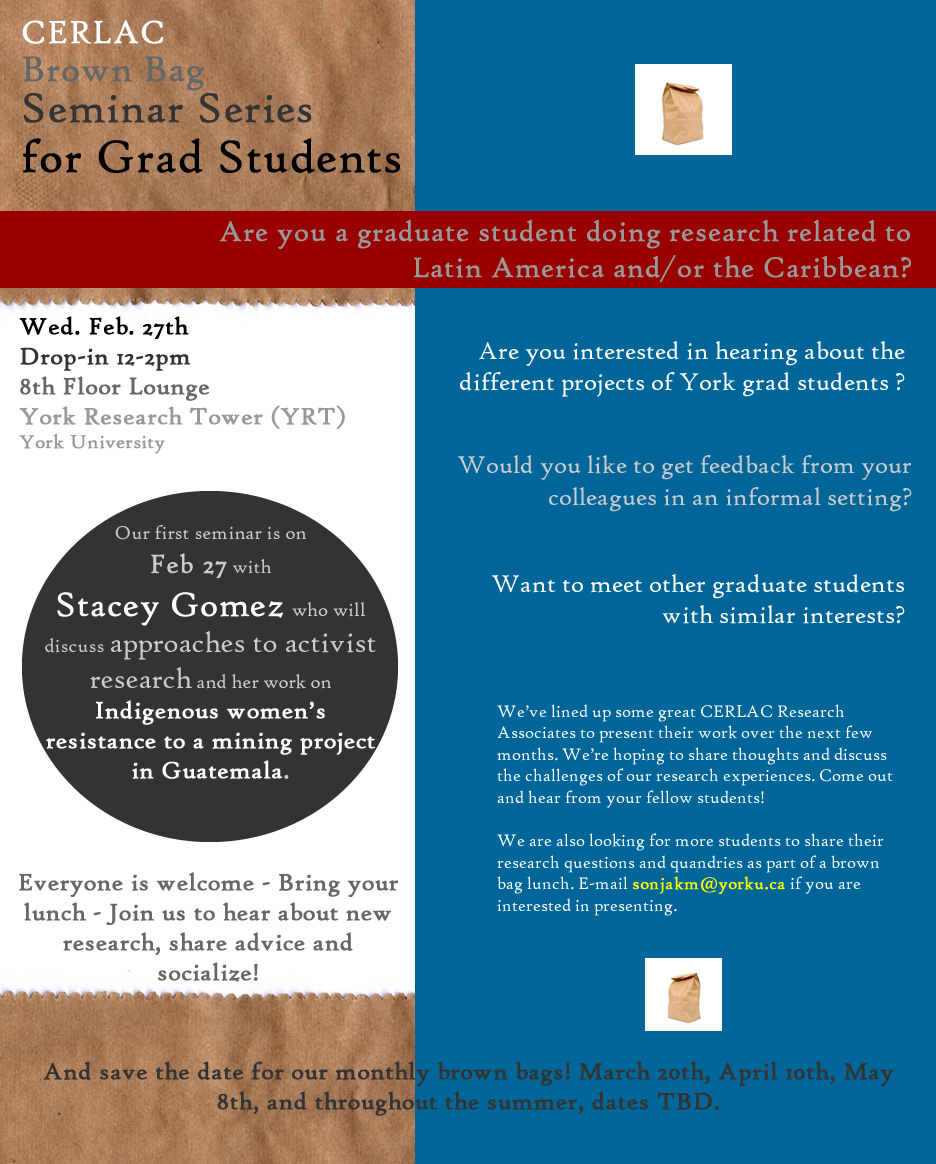Published February 23, 2013
by iris_author
CALL FOR PAPERS
Global Suburbanisms: Governance, Land and Infrastructure in the 21st Century
A SUBURBAN REVOLUTION?
An international conference on bringing the fringe to the centre of global urban research and practice
The City Institute at York University (CITY)
York University | Keele Campus | Toronto, Ontario, Canada
September 26-28, 2013
We invite abstract submissions for panels and papers by scholars and urban practitioners for a major international, interdisciplinary conference on Global Suburbanisms. The conference marks the midterm of the Major Collaborative Research Initiative (MCRI) Global Suburbanisms: Governance, Land and Infrastructure in the 21st Century sponsored by the Social Sciences and Humanities Research Council of Canada (SSHRC). While the conference is themed according to work done by our 50 researchers to date, we explicitly encourage submissions by researchers and practitioners not linked to the MCRI. This event will be presented in collaboration with the Canadian Urban Institute and sponsored by SSHRC and York University.
Global Suburbanisms
More than half of the world’s population lives in cities. While the impact and meaning of this fact is up for debate, it is clear that it has shifted the discussion from development as a rural to urban imperative to urbanization as a multi-faceted process, which includes all manner of contradictory aspects: continued domestic and international migration from the land to urban settlements, growth and shrinkage, urban metabolic shifts, infrastructure investments, labour markets, spectacular urbanism, social revolutions, changes in gender roles, creative cities and so forth. (Sub)Urbanization marks the moment of our shared experience as planetary citizens.
A Suburban Revolution
While often referred to as an ‘urban revolution,’ most urban growth worldwide in the 21st century takes the form of peripheral or suburban development. Much of what counts as “urbanization” today is generalized suburbanization. Despite widespread normative preferences in planning and city building for a dense and centralized urban form, suburbanization remains the dominant mode in which cities are built. Whether by choice or by force, builders, residents and workers, rich and poor, construct, live and work in urban peripheries around the world. The universality of the suburban experience and the boundless divergence in its real processes and outcomes are on the agenda of urban scholars and activists today.
THEME AREAS
The conference will be structured in four interlocking theme areas and we seek submission of panel and paper proposals in all four areas. Panels will typically have four papers and a discussant. Several panels will be running simultaneously in the following theme areas:
A. Understanding suburbanization: an exploration of the ways of knowing the suburbs, suburbanization and suburbanism; methodology; tools; naming; benchmarking; mapping; comparativity, etc. Track chair: Markus Moos, University of Waterloo
B. Governance: the way states, capital and private households build and maintain suburbanization as a process; suburbs as places and suburbanisms as ways of life; planning and urban policy. Track chair: Pierre Hamel, Université de Montreal
C. Land: the development and redevelopment of suburban land; densities; core-periphery; formal and informal land markets; polynuclearity; growth machines; shrinkage, etc.Track chair: Richard Harris, McMaster University
D. Infrastructure: the ways in which hard and soft infrastructures enable the building of suburban landscapes; splintering; mobility; flows and places, etc. Track chair: Pierre Filion, University of Waterloo
DETAILS
Requirements:
1) Author or panel organizer name(s), and contact information
2) Title of paper or panel
3) 250-word abstract (Word doc. format)
Important Dates:
Submission deadline: March 31, 2013
Notification to authors: May 1, 2013
Presentation Dates: Sept. 26-28, 2013
Location: York University, 4700 Keele Street, Toronto, Ontario, Canada
Please send proposals to the email address suburban@yorku.ca
The organizers will update information on the conference (registration, fees, accommodation, travel and format etc.) at our website www.yorku.ca/suburbs when it becomes available.
The conference will also feature keynote presentations, media and art presentations, tours and public events.
Looking forward to seeing you in Toronto in September 2013.
Roger Keil for the organizing committee:
Lisa Drummond, York University
Pierre Filion, University of Waterloo
Pierre Hamel, Université de Montreal
Shubhra Gururani, York University
Richard Harris, McMaster University
Ute Lehrer, York University
Sara Macdonald, York University
Markus Moos, University of Waterloo
Douglas Young, York University
For more information, please contact suburban@yorku.ca
Posted in: Opportunities

